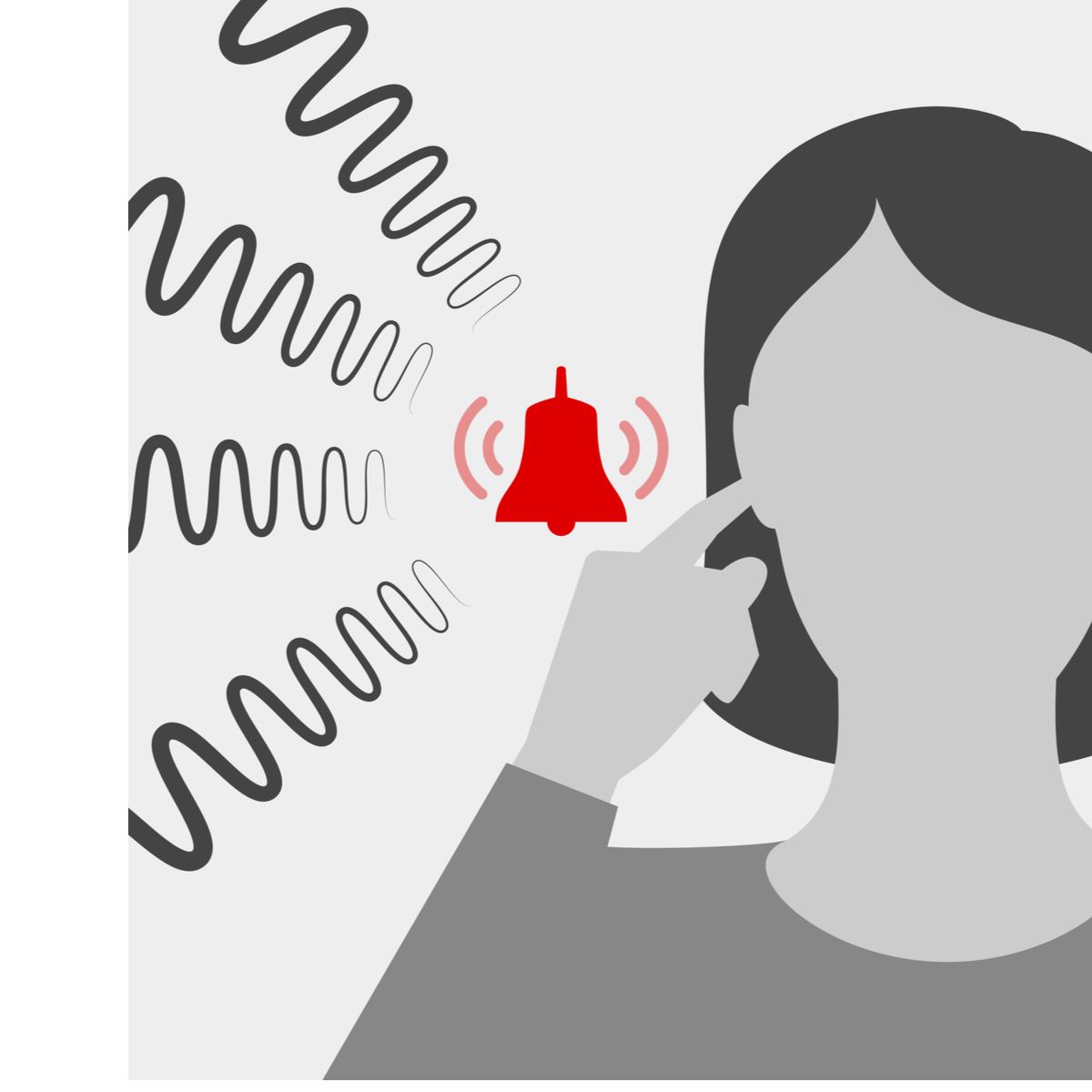There are several medicines that help to reduce allergies and symptoms that doctors recommend to treat allergic rhinitis.
Antihistamines
Nasal sprays with nasal corticosteroids work wonders for stuffy, runny, and itchy noses. They are typically the first drugs given to people with allergic rhinitis. They are safe and effective for long-term usage. Some people may also feel nasal pain in addition to an unpleasant taste or odour. Nasal spray use seldom causes negative effects from steroids.
Decongestants
These medicines remove congestions in the nose and sinuses. As they don't take care of other symptoms, it is common to prescribe these drugs and antihistamines. Decongestants are available both as oral medicines and nasal sprays. Oral decongestants are likely to cause many unpleasant side effects like high blood pressure, insomnia, headache and irritability. They are also known to create problems while urinating in people with an enlarged prostate. Patients must not use the nasal spray for more than three days at a time as it can cause rebound swelling (a condition where the blood vessels swell).
Nasal Corticosteroids
Sprays containing nasal corticosteroids are an excellent treatment for stuffy, runny, and itchy noses. These are frequently the first medications prescribed for allergic rhinitis patients. Long-term use is both safe and productive with them. Some people may experience a bad taste or smell as well as nasal discomfort. The use of nasal sprays seldom results in steroid side effects.
Leukotriene Inhibitors
Leukotriene is a chemical released during allergic reactions. They cause symptoms like an itchy nose and excessive production of mucus. These drugs are also known to cause inflammation. Leukotriene inhibitors block the chemical and give relief from the above symptoms. These drugs are likely to cause side effects like mood changes, seeing dreams, involuntary muscle movements and skin rash. Patients must consult the doctor in case they feel such side effects.
Immunotherapy
When medicines are not effective, doctors recommend this therapy. Several injections of allergens are given over a 3 - 5 years period. Each time the dose of allergens is increased. This creates immunity in the patient's body to such allergens. The aim is to make the body get used to allergens and stop reacting to them. The medication is also administered as pills that are kept under the tongue and dissolve. These pills are usually prescribed as a daily dose.
Surgery
It can be done in the case of deviated nasal septum deviation causing obstruction in air passage, drug resistant turbinate hypertrophy or the presence of polyps in the nose.
Preparing For Consultation With The Doctor
It is better to go prepared when visiting the doctor so that patients can tell exactly what reactions are felt and when they occur.
Patients must fix a time to meet their healthcare provider when they feel symptoms of allergic rhinitis.
If they are consulting a general physician, they may be directed to an allergy specialist.
It is advisable for patients to take a close family member with them so that they don't forget or miss any of the symptoms.
Patients must make a note of when the allergic reactions occur and what seems to be triggering them.
If they have moved to a new house or a new region, patients must tell the doctor about it.
Patients must inform the specialist about all the medicines they regularly take.
As this condition is likely to be inherited, patients must inform if any close family members also suffer from allergic rhinitis.
Conclusion
Allergic rhinitis is not a fatal disease. If the condition is seasonal, it is easy to manage it with medications. But if the disease occurs perennially and is chronic in nature, then it is better to approach a specialist for some long-term treatment. Allergic rhinitis can worsen conditions like asthma. The disease can also disrupt regular life because of the inability to sleep and fatigue. The availability of a variety of medicines makes it easy to manage the disease by consulting a specialist.



























